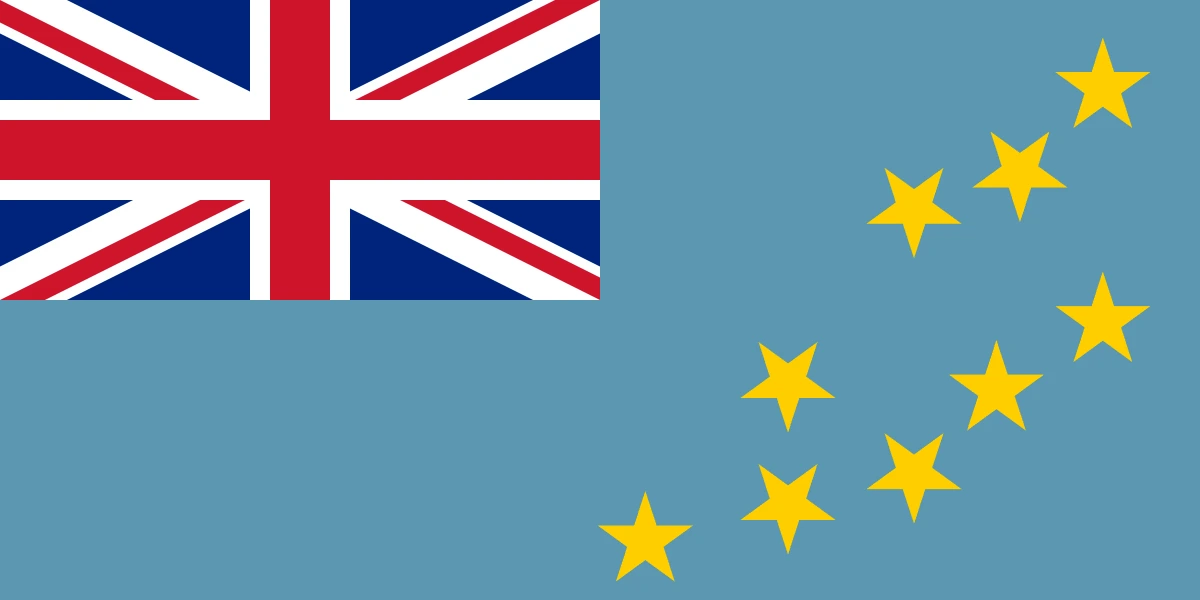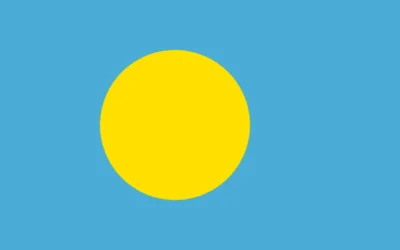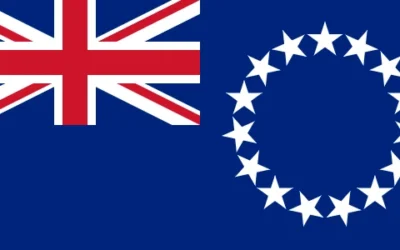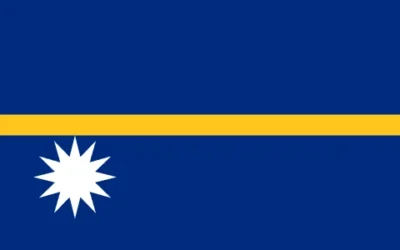Tuvalu Travel Guide
Discover Why You Should Visit Tuvalu
Why Visit Tuvalu?
Tuvalu, one of the world’s smallest and most isolated nations, offers untouched beauty, a tranquil atmosphere, and authentic Polynesian culture. With pristine atolls, turquoise lagoons, and a strong sense of community, Tuvalu is ideal for travelers seeking serenity, sustainability, and a deeper connection with nature and tradition.
Must-Know Facts
Capital/Major City: Funafuti
Language(s): Tuvaluan, English
Currency: Australian Dollar (AUD)
Best Time to Visit: May to October (dry season)
Fun Fact: Tuvalu was formerly known as the Ellice Islands and is among the least visited countries in the world
Top Things to Do
Stroll along the narrow atoll of Funafuti and its quiet coral beaches
Visit the Funafuti Conservation Area to snorkel and explore marine biodiversity
Experience daily life in the villages with traditional dancing and storytelling
Tour WWII relics and local monuments
Watch the breathtaking sunsets over the Pacific Ocean
Local Culture & Lifestyle
Tuvaluans value respect, family, and community. The lifestyle is slow-paced and centered around fishing, weaving, and social gatherings. Traditional dances, music, and crafts are vital parts of Tuvalu’s living culture. The people are welcoming and proud of their heritage.
Food & Drink Highlights
Street Food: Fried fish, coconut rice, taro chips
Restaurants: Local spots offer Polynesian staples and imported influences
Drinks: Fresh coconut water, local herbal drinks, imported beverages
Desserts: Coconut pudding, banana bread
Main Dish & Culinary Symbols
Signature Dish: Pulaka (swamp taro) with coconut cream and fish
Common Ingredients: Coconut, seafood, taro, breadfruit, bananas
Culinary Culture: Meals are shared during family feasts, and food preparation is communal and celebratory
Symbols & Icons of the Area
Natural Icons: Coral atolls, ocean lagoons, palm groves
Cultural Icons: Traditional canoes, woven mats, maneapa (community meeting houses)
Hidden Gems & Off-the-Beaten-Path
Islet-hopping in the Funafuti lagoon
The remote islands of Nanumea and Nui
Traditional boat-building workshops
Locally guided cultural performances and village visits
Shopping & Souvenirs
What to Buy: Handwoven fans and mats, shell jewelry, local crafts
Where to Shop: Local markets in Funafuti and community gatherings
Getting Around
Public Transport: Minimal; most transport is by walking or motorbike
Car Rentals: Very limited; bikes and scooters are common
Flights: Tuvalu is served by flights from Fiji via Funafuti International Airport
Boats: Small boats transport locals between islets
Travel Tips
Bring essentials like medications and cash, as supplies are limited
Book accommodations and flights well in advance due to limited options
Respect local customs, especially around religious practices
Expect intermittent power and limited internet connectivity
Where to Stay
Budget: Guesthouses and basic lodges on Funafuti
Mid-range: A few small hotels with simple services
Luxury: Not available; accommodations focus on local hospitality and comfort
Unique: Beachside bungalows or community stays with local families
Sample 4-Day Itinerary
Day 1: Arrive in Funafuti, tour the capital and walk the atoll
Day 2: Snorkel in the Funafuti Marine Conservation Area and visit islets
Day 3: Attend a traditional dance, explore local markets and crafts
Day 4: Relax at the beach, enjoy fresh seafood, and learn about Tuvalu’s environmental challenges






0 Comments